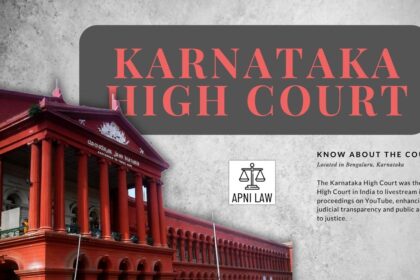Code:
The person arrested shall not be subjected to more restraint than is necessary to prevent his escape.
Explanation:
Section 49 of the CrPC emphasizes the principle of minimum restraint during arrest. It dictates that the police officers making an arrest should use only the necessary force to prevent the person from escaping, and avoid unnecessary restraint or force. This principle upholds the individual’s right to freedom and dignity, even in the context of an arrest.
Illustration:
Imagine a person is arrested for a minor offense like petty theft. In this case, while the police officer can restrain the person to prevent their escape, they cannot use excessive force or handcuff them unless there is a genuine risk of the person harming themselves or others, or escaping.
Common Questions and Answers:
Q: Can the police use force during an arrest?
A: Yes, but only if it’s absolutely necessary to prevent the person from escaping, harming themselves or others, or resisting arrest.
Q: What if the person being arrested resists arrest?
A: The police can use reasonable force to subdue the person, but they must avoid using excessive force.
Q: What constitutes “unnecessary restraint”?
A: This is a broad term and depends on the specific circumstances of each case. However, it generally refers to any restraint that goes beyond what is necessary to prevent escape or harm.
Q: What are the consequences of violating Section 49?
A: Violating Section 49 could lead to legal action against the police officer, including departmental disciplinary action or even criminal charges. It can also be used as grounds to challenge the arrest or the evidence obtained during the arrest.








